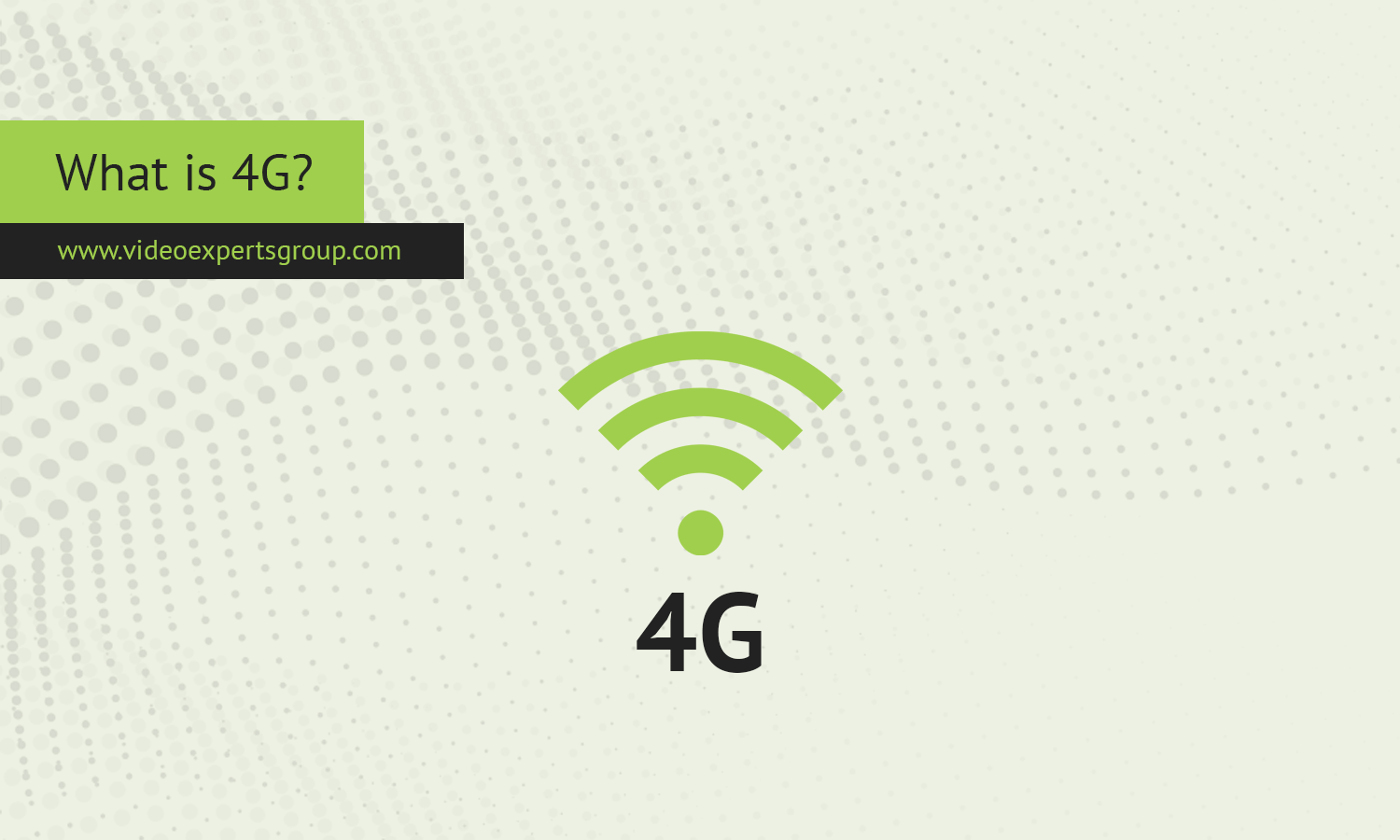
Today, 4G is the most widely used network technology in many parts of the world, providing reliable connectivity and supporting data-intensive applications.
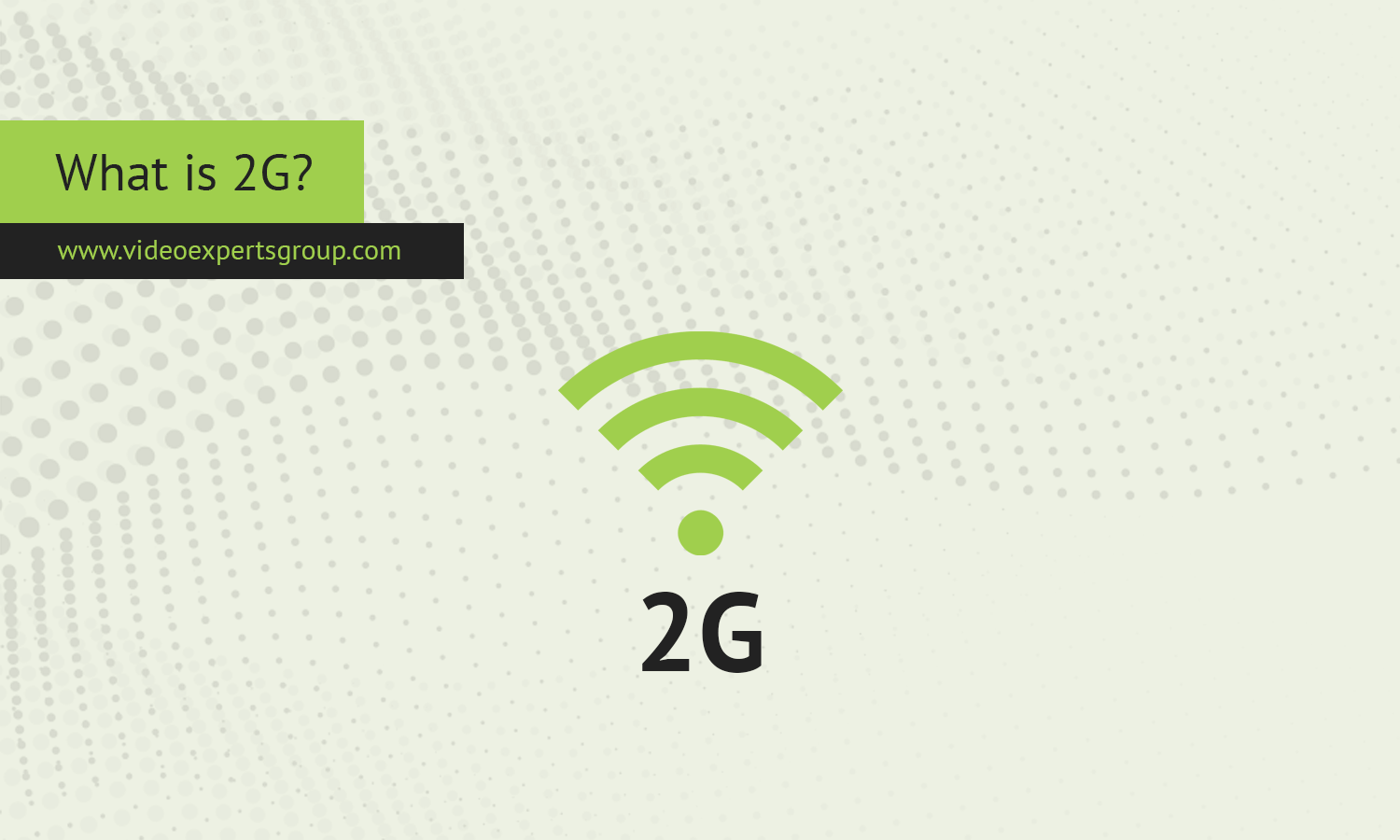
While 2G networks have since been superseded by 3G, 4G, and now 5G technologies, they marked the beginning of the modern mobile communication era by introducing digital encryption, better connectivity, and the ability to transmit basic data.
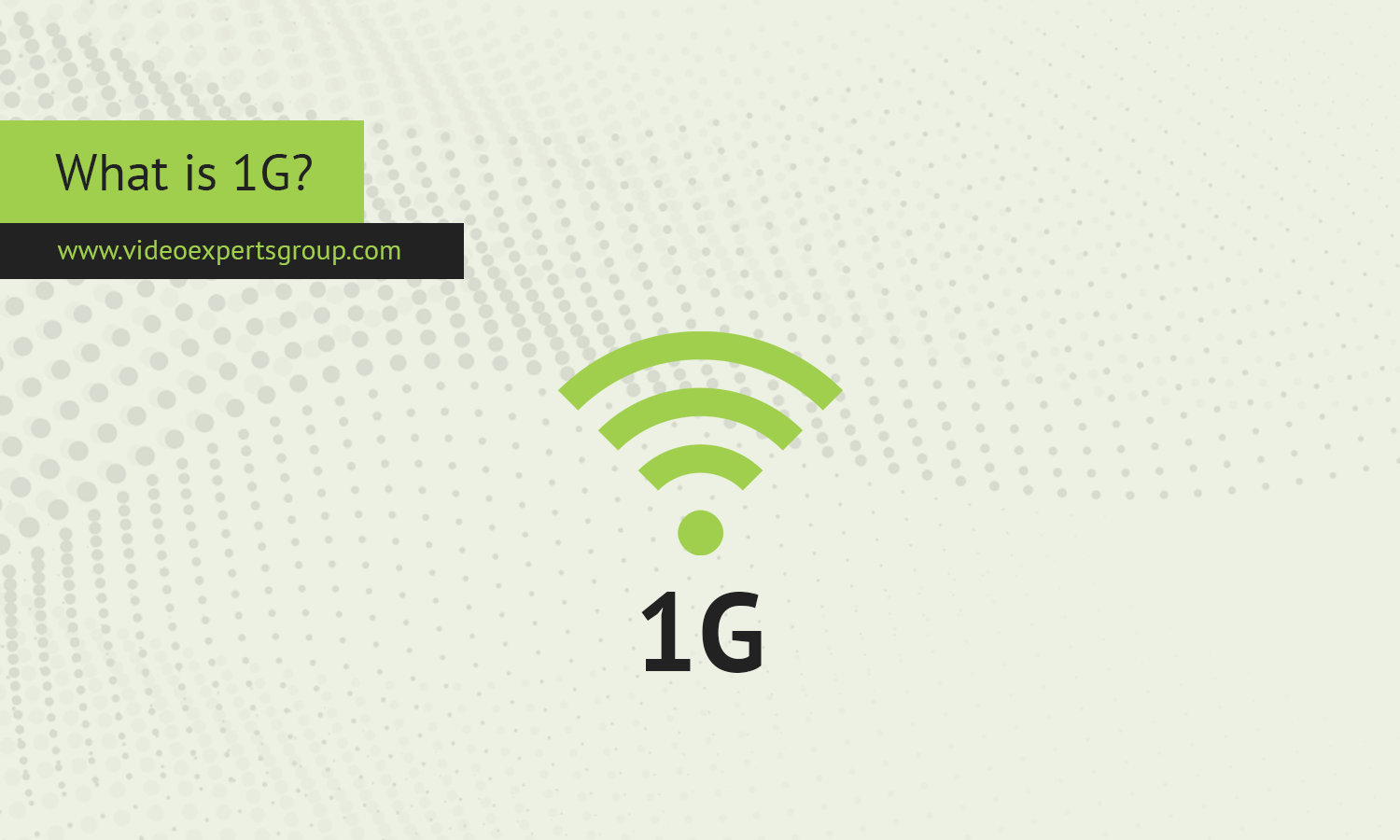
Despite its limitations, 1G was the foundation upon which subsequent generations of mobile technology were built, each offering vast improvements in quality, speed, and functionality.
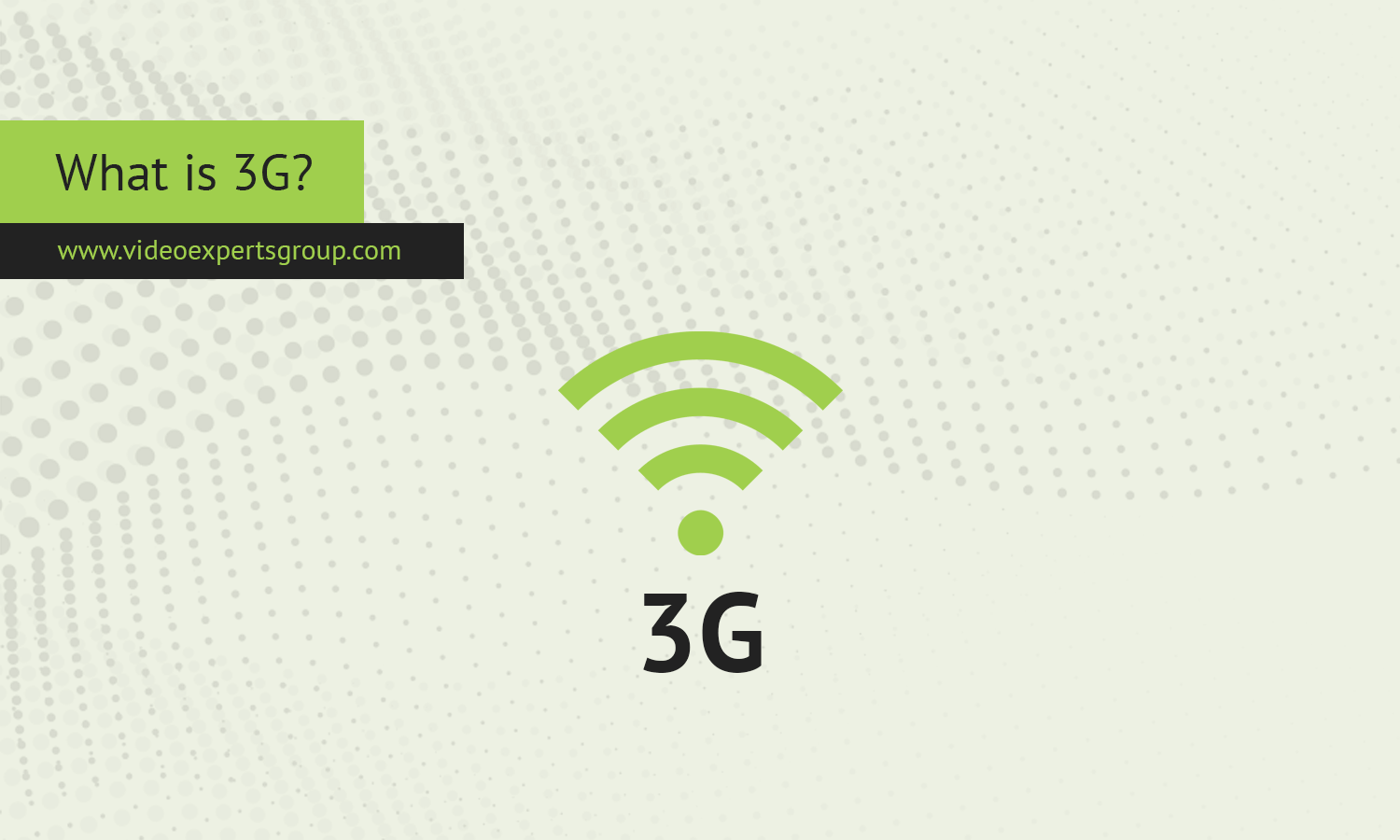
With 3G, mobile phones became versatile devices capable of handling much more data, which paved the way for the smartphone revolution.
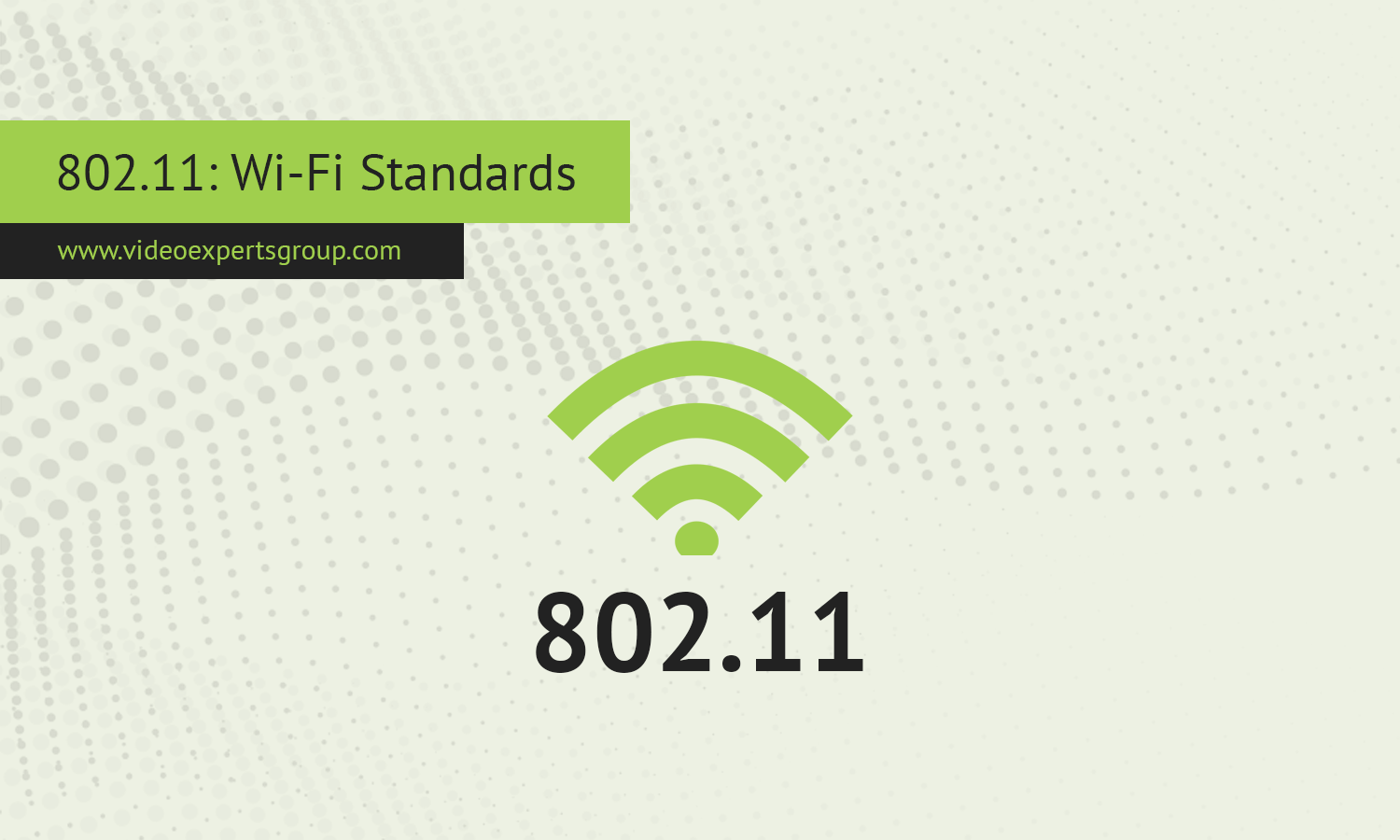
This article will explore the meaning of 802.11, provide a Wi-Fi generations chart, and explain how the 802.11 standards work in simple terms.

As internet technology has evolved over the years, different digital subscriber line (DSL) variants have emerged to meet the needs of businesses and residential users. One such technology is HDSL.